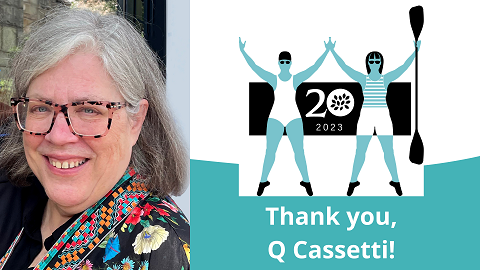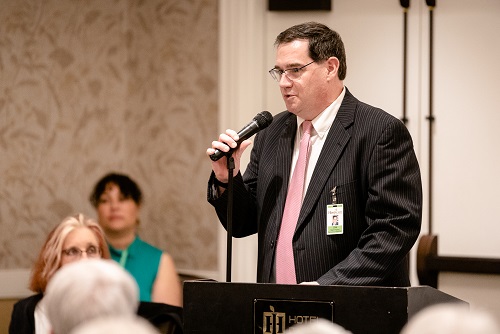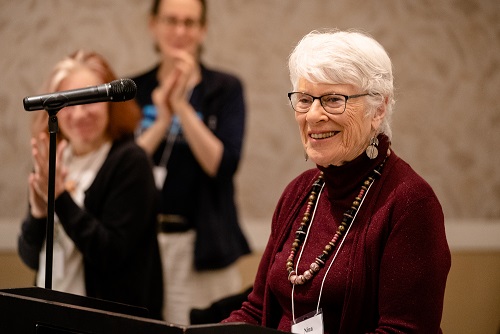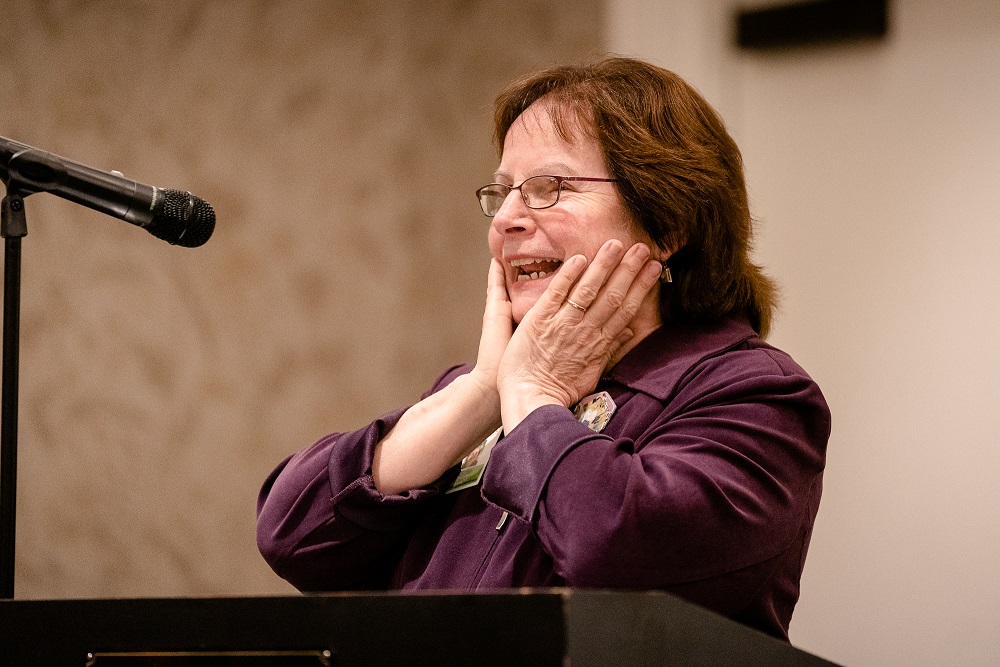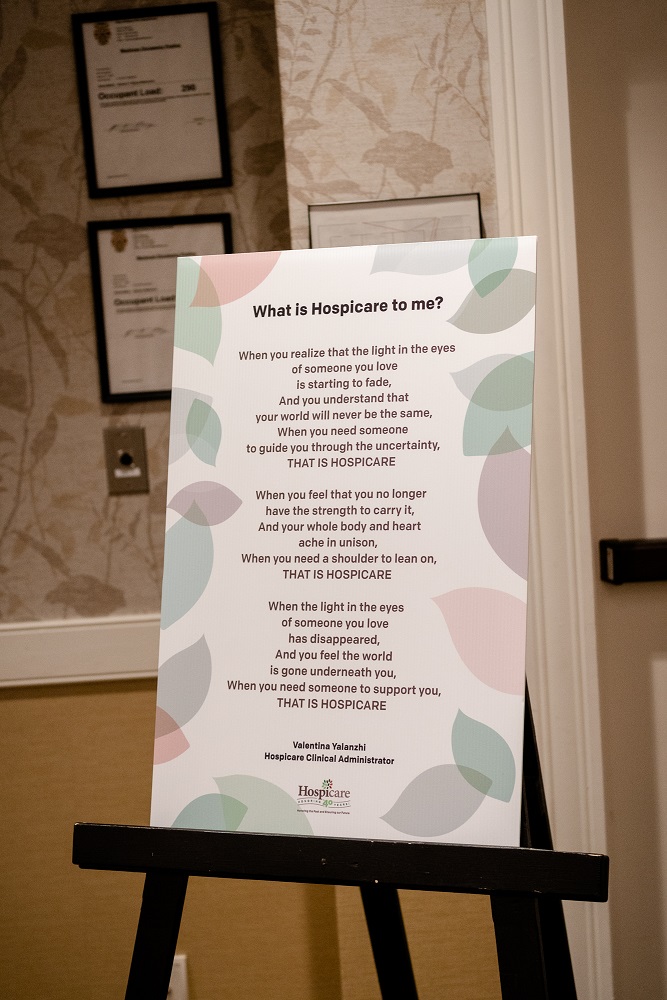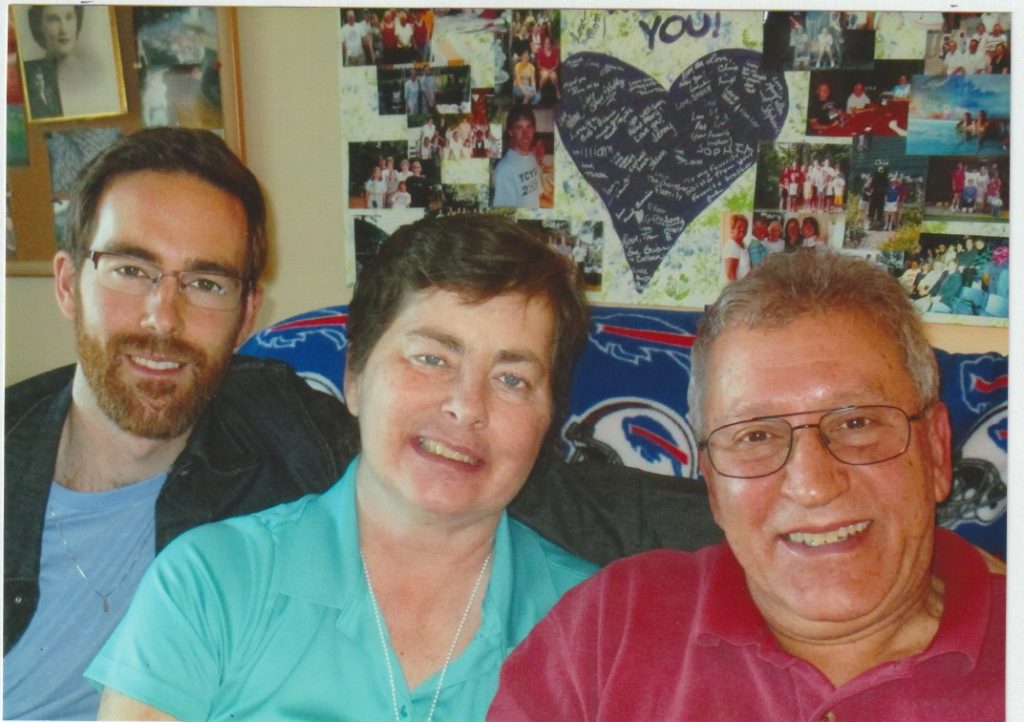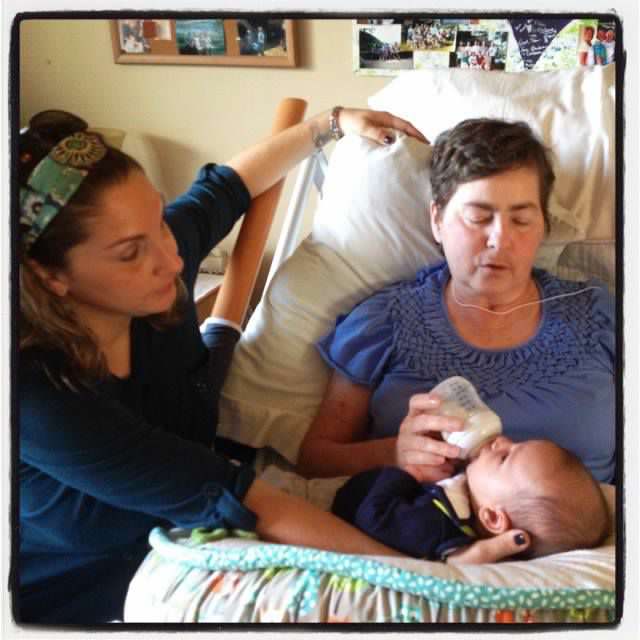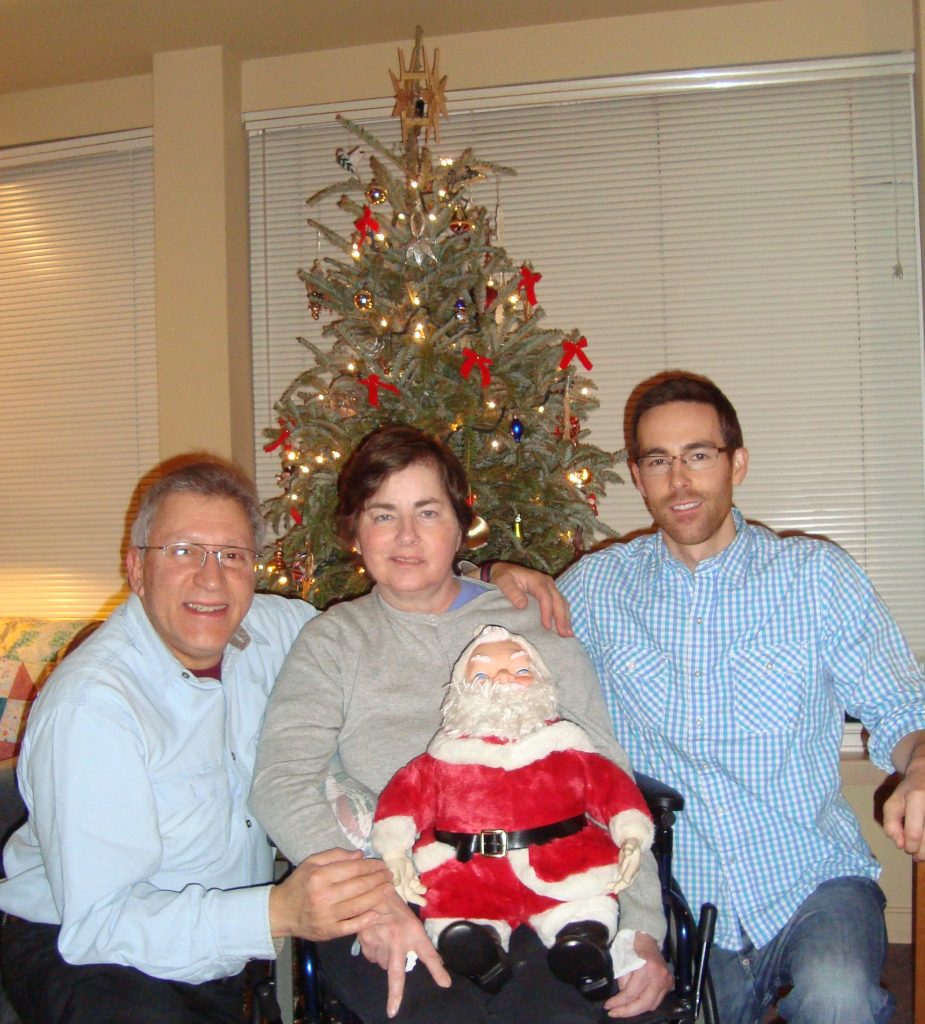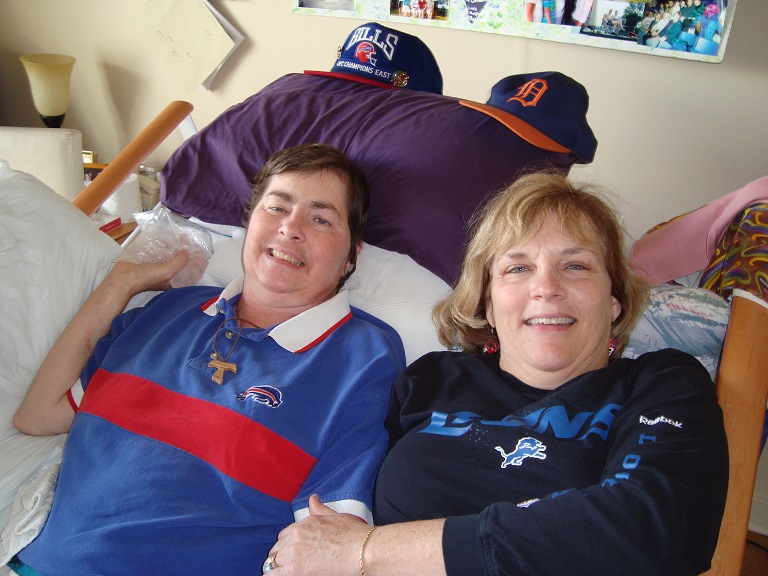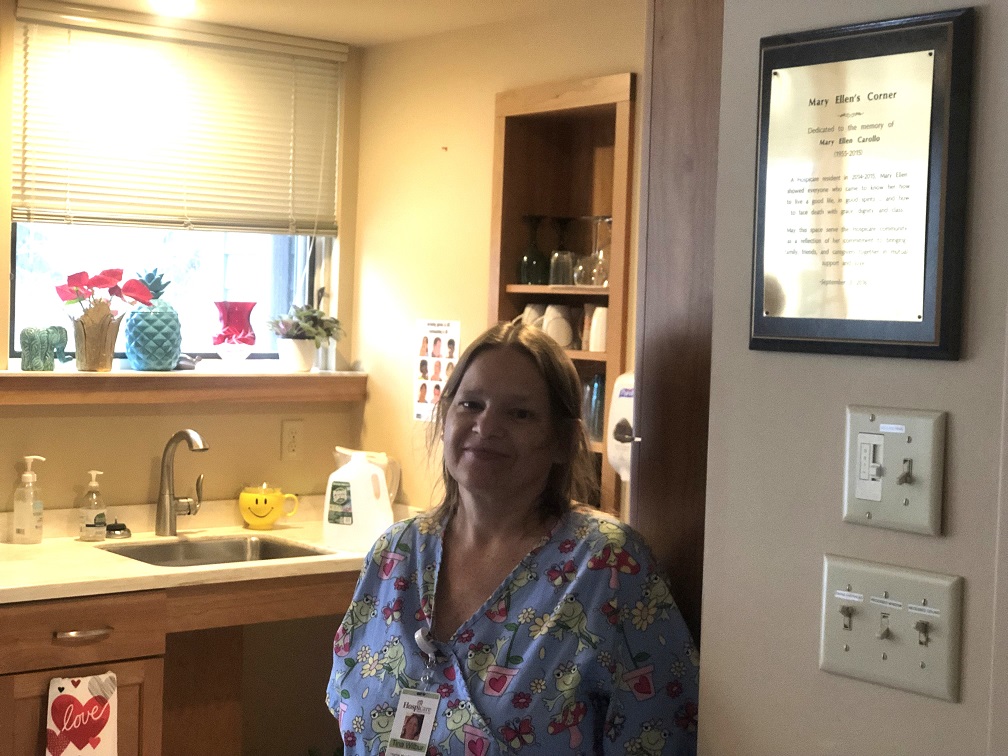
Whether you’re planning ahead for the care of a loved one or for yourself, one of the most common and important questions is: “How, exactly, do we pay for hospice?”
The short, uncomplicated answer is: if you have Medicare Part A and qualify for hospice, your Medicare benefits will fully cover the cost.
The longer explanation is that when you enroll in hospice, Hospicare takes over most of your medical costs related to your terminal illness. That includes medical equipment, medications, nursing care, and support services. In a sense, your hospice provider becomes your insurance provider, handling the cost and responsibility for most of your care needs while you’re in our program.
If you have private insurance or Medicaid, coverage for hospice services is often available as well, though the details can vary by plan. Our team is always available to help you check with your insurance and understand what is covered under your specific situation.
It’s also important for patients and family caregivers to understand the difference between discomfort related to the progression of a terminal illness and a true medical emergency. Sometimes, such as after a slip-and-fall accident or a severe burn, the need for urgent care is obvious. Other times, it’s less clear. That’s why hospice providers work closely with families to help them recognize typical symptoms and know when to reach out. If there’s ever any question, we always recommend calling your Hospicare care team first — we can help assess the situation and advise whether an in-home visit or, when truly necessary, a trip to the hospital is the right next step.
For patients staying at the Nina K. Miller Residence on King Road in Ithaca, it’s important to know that room and board costs are not covered by Medicare hospice benefits. However, Medicaid sometimes helps cover the cost (which is $400 per night), depending on your coverage. If insurance won’t cover it and your family cannot afford the cost, Hospicare offers a sliding scale fee — and we never turn anyone away because of their financial situation.
While most hospice-related care is covered, you may still encounter some out-of-pocket expenses. These can include things like room and board at a nursing facility, certain non-covered medications, or personal care items. Our team will help you understand any potential costs upfront so there are no surprises.
It’s also important to know that once you are on hospice, treatments intended to cure your illness are no longer covered. That means, for example, that chemotherapy or radiation aimed at stopping cancer’s growth would no longer be included. However, medications and treatments that manage pain, ease symptoms, and improve comfort are always part of your care.
We understand that financial concerns can feel overwhelming during an already difficult time. Please know that our Hospicare team is here to walk you through your specific situation, answer any questions about coverage or billing, and help you access financial assistance if needed.
At Hospicare, we believe that everyone deserves compassionate care — no matter their financial situation. Please don’t hesitate to reach out. We’re here to help.







